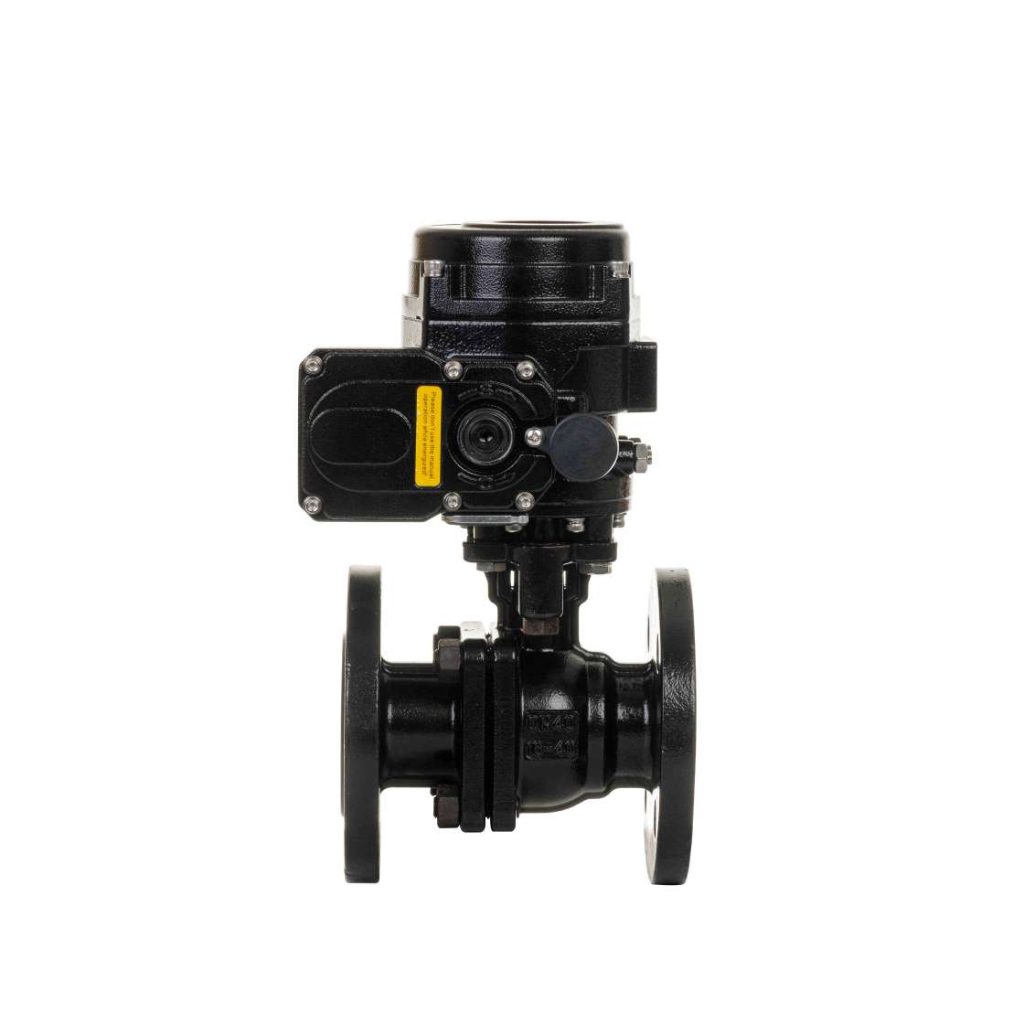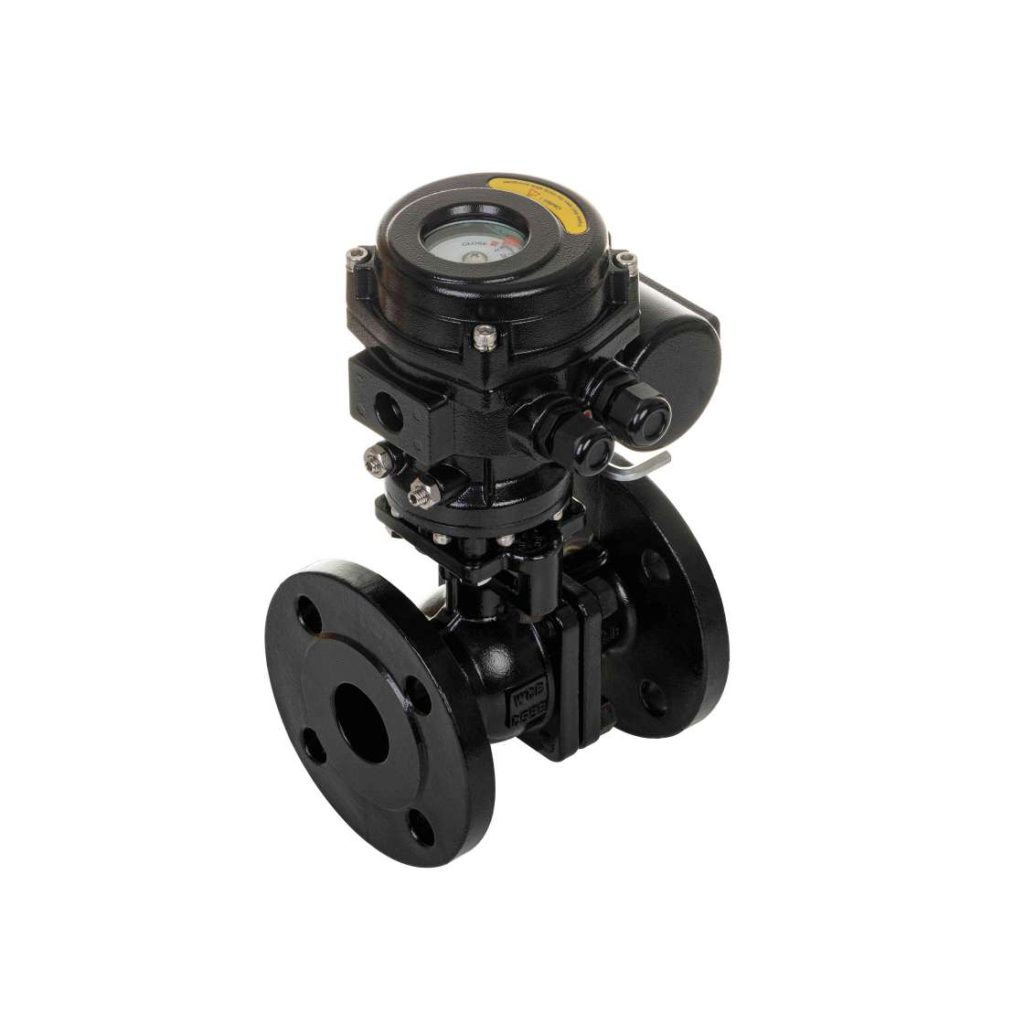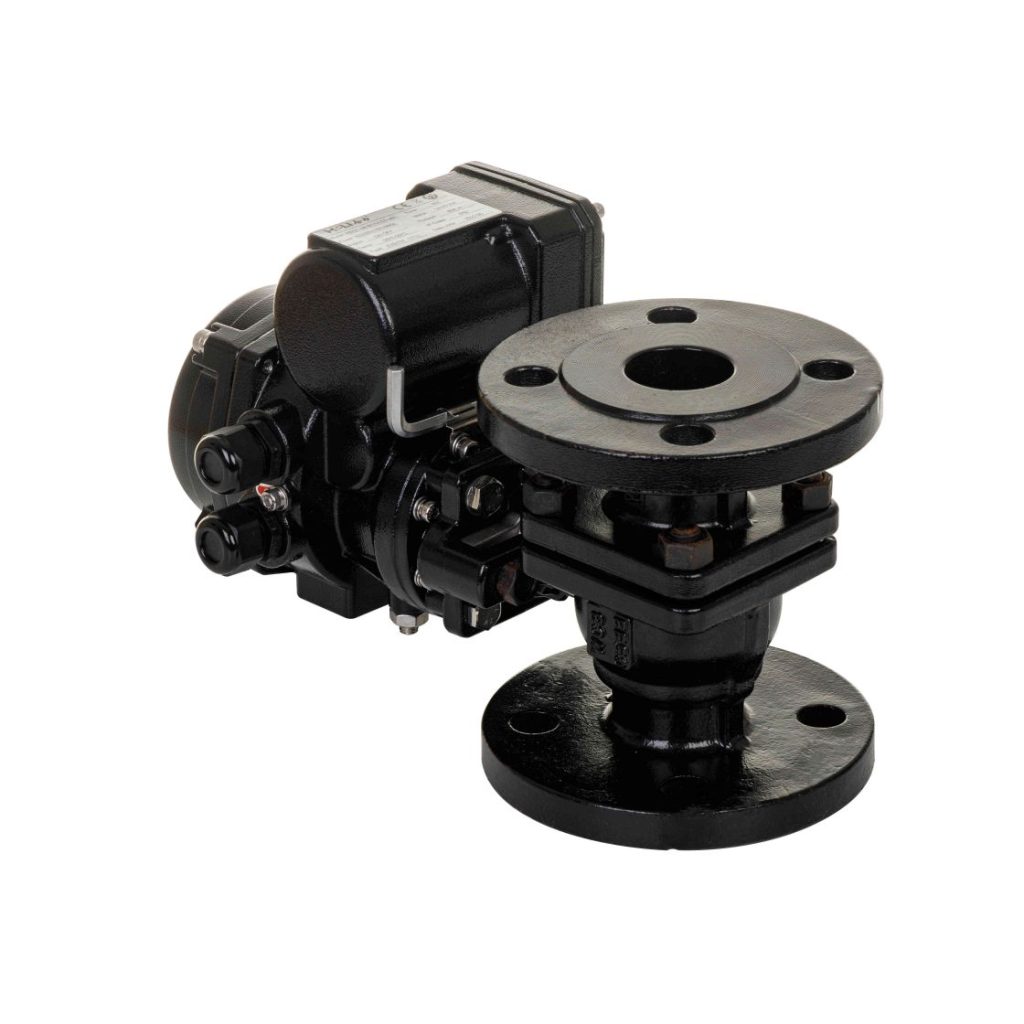The Stainless Steel Electric Flange Ball Valve is an advanced component widely used in modern industrial applications for regulating the flow of fluids. Combining the durability of stainless steel with the precision of electric actuation, this valve type stands out for its reliability and efficiency in various operational settings. This article delves into the features, benefits, and applications of the Stainless Steel Electric Flange Ball Valve, providing a thorough understanding of its role in contemporary fluid control systems.

Key Features

Material Durability: The valve’s body is made from high-quality stainless steel, typically grades 304 or 316. This material offers superior resistance to corrosion, high temperatures, and wear, making it ideal for harsh environments and demanding applications. Stainless steel’s robustness ensures a long service life and minimal maintenance. Electric Actuation: Unlike manual valves, the Stainless Steel Electric Flange Ball Valve features an electric actuator that provides automated control over the valve’s operation. This actuator can be controlled remotely or programmed to operate based on specific parameters, enhancing precision and operational efficiency.
